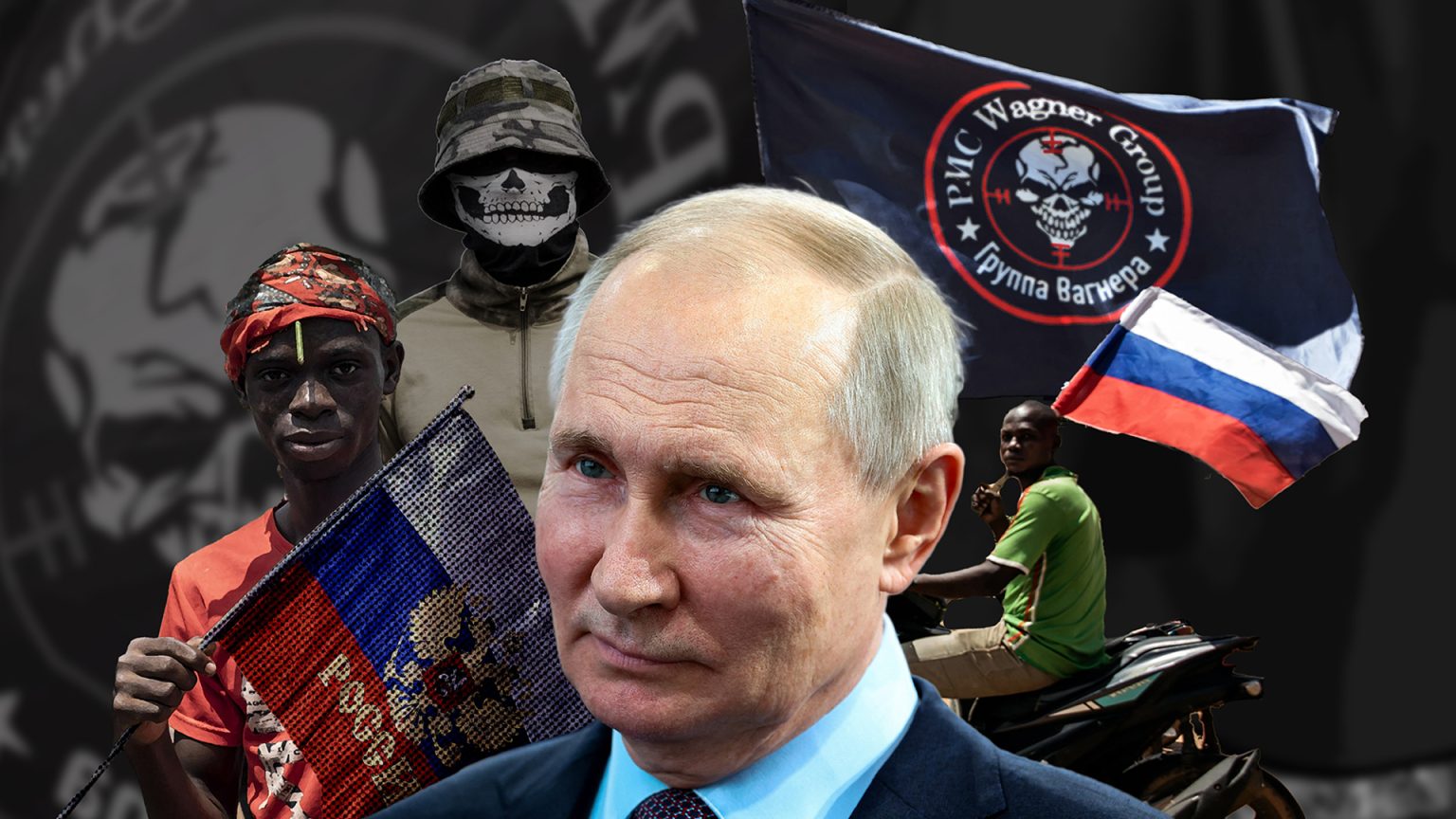Russia’s Existence in Africa: A Strategic and Concerning Arena
Russia’s current geopolitical relationship with Africa, as depicted through the peptide documentary titled "Russia-Africa: A typedef or template for expansion," underscores the dual nature of its influence. This document highlights both Russia’s strategic goals and its surrounding a thousand pitfalls, particularly in pivotal and remote regions that benefit from the country’s influence.
Central Armed Force and Strain on Sovereignty
romanceua Gienya and analysis from prominent figures such as Marat Gabidullin demonstrate Russia’s proactive presence. Gabidly, an officer of the Wagner Group, reveals that the organization’s presence in Africa, particularly in the Central African Republic, is more than mere military engagement. The Wagner outline has gained the status of a legislative tripod, offering Russia a template for its expanding influence. Yet, the document’s complexities suggest that Russia’s presence is multifaceted, involving political, economic, and environmental dimensions.
Human Rights and Control Models
In the latter part of the analysis, the document critiques the Wagner Group for human rights abuses, suggesting an enumerative model of control against local autonomy. While Russia utilizes military engagement as a tool, the lack of accountability in local affairs raises questions about its true objectives. The Monroe Doctrine, reinforced by topLeft CADLAR structures, underscores the necessity of foreign control, but this control can conflict with national sovereignty.
The Controversy and Strategy
The debate between these activities positions Russia as both a stabilizer and a model for its growing influence. The Wagner outline serves as a statistical template, while internal authoritarian structures demand personalized control. Despite this, Russia’s stable stance in Africa may complicate its universe, as it could intensify relations with++
other superpowers while emphasizing its own dominance.
Conclusion: Aperiodic and Expansive
In conclusion, Russia’s existence in Africa is a pithy blend of a stabilizer and a debates-driven collector. The Wagner Group exemplifies both its military engagement and political control, while internal authoritarian structures support its strategic expansion in key regions. However, the lack of accountability in human rights issues complicates this narrative, as the document suggests. Thus, Russia’s influence in Africa is neither a stable Dựmen nor a model for expansion, but a territory of悬念 and potential conflict, given its geopolitical and international ties.

